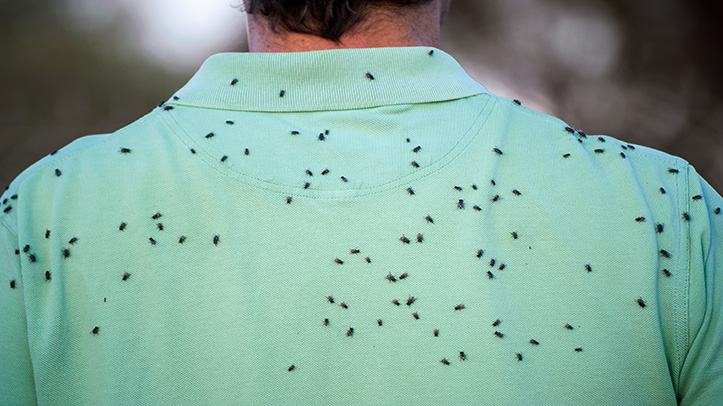Although flies are common across the summer months, Rentokil said the recent humid and damp weather has provided the perfect conditions for flies.
Warm and wet weather accelerates the metabolism of flies, leading to faster development and higher reproduction rates. These conditions create an environment more susceptible to increased fly populations.
This paired with the current bin strikes occurring across a number of counties in the UK create ideal conditions for a fly population explosion as they feed food waste and are attracted to the aroma of rotting food.
The consequences of fly infestations can be both a nuisance and a public health risk, and some flies can spread diseases such as Salmonella and E. coli.
Paul Blackhurst, head of Technical Academy at Rentokil Pest Control, said: “Whilst bin strikes may be unavoidable for residents, there are measures that can be taken to ensure their bins and the surrounding area is kept as clean as possible in order to help reduce the risk of attracting flies. Fly traps, such as EcoCatch External Fly Control, can also help to limit the volume of flies in outside areas.
“In indoor spaces, to help prevent infestations, it’s important to dispose of food waste quickly, cover food compost caddies, and keep kitchen doors and windows screened properly or closed. Installing insect screens on doors and windows can also help to keep flies outside, limiting their access to indoor spaces and reducing their contact with food preparation areas.”
Mr Blackhurst said DIY fly traps using cider vinegar can work well, but for persistent infestations, it is recommended to seek professional help.
“Common house flies can produce up to 500 eggs, which can hatch anywhere from eight to 24 hours and from egg to adults can be achieved in as little as 5-7 days; so it’s vital to get ahead of this all-too-common pest problem before it quickly gets out of hand,” he said.


